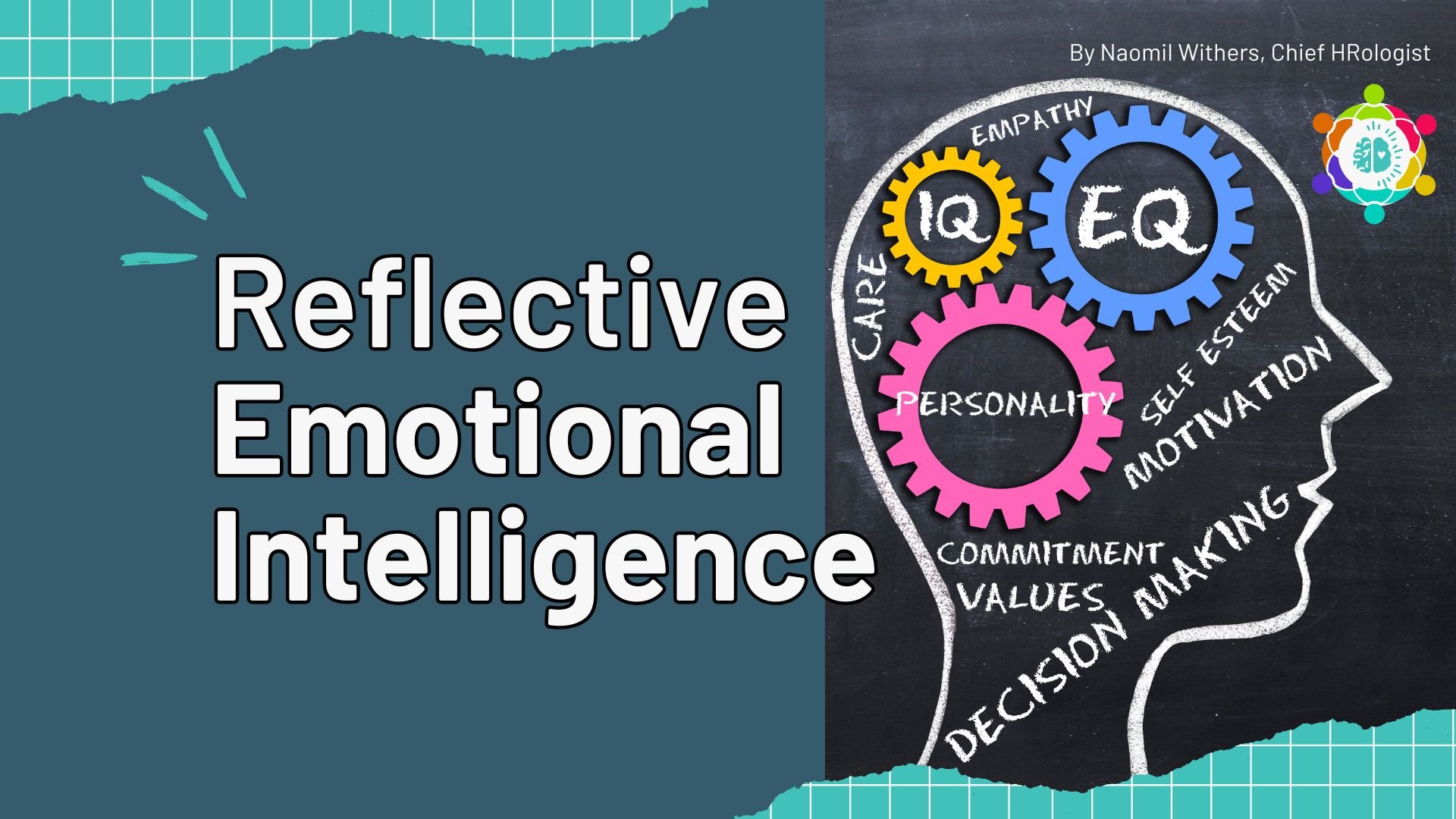
Reflective Emotional Intelliegence
IWhile both IQ (Intelligence Quotient) and EQ (Emotional Quotient) are important aspects of human intelligence, they represent different sets of skills and abilities. Here's a breakdown of their key differences:
IQ (Intelligence Quotient)
Focus: Cognitive abilities, logical reasoning, problem-solving, and analytical skills.
Measurement: Traditionally measured through standardized tests that assess things like verbal comprehension, perceptual reasoning, working memory, and processing speed.
Strengths: Excelling in academics, solving complex problems, understanding abstract concepts, and processing information quickly.
Limitations: May struggle with social situations, understanding and managing emotions, and navigating interpersonal relationships.
EQ (Emotional Quotient)
Focus: Understanding, managing, and using emotions effectively in oneself and others. This includes self-awareness, self-regulation, empathy, social skills, and motivation.
Measurement: Assessed through various methods, including self-report questionnaires, behavioural observations, and situational assessments.
Strengths: Building and maintaining strong relationships, effectively communicating and collaborating, leading and inspiring others, and navigating social complexities with ease.
Limitations: May not necessarily guarantee academic or intellectual success, and may require continuous development and refinement.
Why EQ is gaining importance:
While IQ has traditionally been emphasised in academic and professional settings, EQ is increasingly recognized as a critical factor for success in all areas of life. This is because:
The world is becoming more interconnected and complex: Navigating social dynamics, building relationships, and collaborating effectively are essential skills in today's world.
Emotional intelligence is crucial for leadership: Effective leaders are not just intelligent, but also empathetic, inspiring, and able to connect with their teams on an emotional level.
EQ contributes to well-being: People with high EQ tend to have better mental health, stronger relationships, and greater overall happiness.
Ultimately, both IQ and EQ are valuable and contribute to a well-rounded individual. While IQ can provide a foundation for academic and intellectual pursuits, EQ enhances our ability to thrive in our personal and professional lives.
Reflective EQ:
Reflective practice enhances EQ: By reflecting on your experiences, you gain a deeper understanding of your own emotions and how they influence your actions. This increased self-awareness is a core component of EQ. Reflective practice also helps you develop empathy by encouraging you to consider situations from different perspectives.
EQ enhances reflective practice: Strong emotional intelligence allows you to approach reflection with greater objectivity and openness. You're better able to manage your emotions during the process, even when reflecting on challenging or uncomfortable experiences. Empathy enables you to understand the impact of your actions on others, leading to more insightful reflections.
Benefits of Combining Reflective Practice and EQ
Improved decision-making: By understanding your emotions and their impact, you can make more rational and informed decisions.
Stronger relationships: Increased empathy and social skills lead to more positive and effective interactions with others.
Increased resilience: Reflecting on setbacks and learning from them helps you bounce back from challenges.
Enhanced leadership skills: Self-awareness and the ability to connect with others are essential for effective leadership.
Greater personal growth: Continuous reflection and emotional development lead to a deeper understanding of yourself and your potential.
